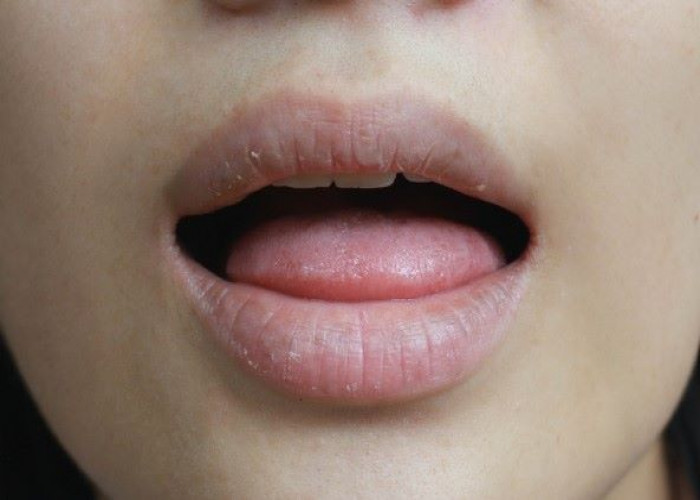 Welcome
Welcome
“May all be happy, may all be healed, may all be at peace and may no one ever suffer."
Dry mouth
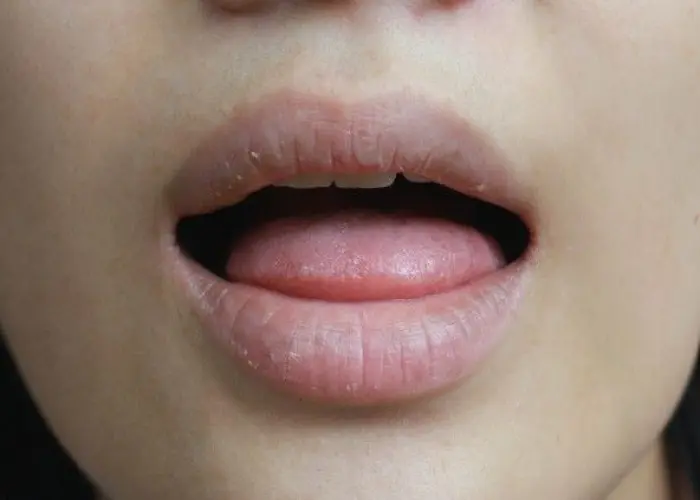
A dry mouth, also known as xerostomia, is a condition in which the mouth feels dry and there is a decrease in the production of saliva. Saliva plays an important role in maintaining oral health, including helping to lubricate the mouth, neutralize acids produced by bacteria, and wash away food particles and debris.
There are many possible causes of dry mouth, including medications (such as antihistamines, antidepressants, and diuretics), radiation therapy, autoimmune diseases (such as Sjogren's syndrome), nerve damage, dehydration, and aging. Lifestyle factors such as smoking and alcohol use can also contribute to dry mouth.
Symptoms of dry mouth may include a dry or sticky feeling in the mouth, difficulty swallowing, a burning sensation in the mouth, bad breath, and a dry or sore throat. If left untreated, dry mouth can increase the risk of tooth decay, gum disease, and oral infections.
Treatment for dry mouth depends on the underlying cause. In some cases, switching to a different medication or adjusting the dosage may help. Drinking plenty of water, sucking on sugar-free candy or chewing gum, and avoiding alcohol and tobacco can also provide some relief. Saliva substitutes and prescription medications to stimulate saliva production may also be recommended by a healthcare professional.
In addition to these treatments, good oral hygiene practices, such as brushing and flossing regularly and visiting the dentist regularly, can help maintain oral health and prevent complications associated with dry mouth.
Research Papers
Disease Signs and Symptoms
- Dry mouth
- Bad breath (halitosis)
- Difficulty chewing, speaking and swallowing
- Hoarseness
- Dry or sore throat and hoarseness
- A feeling of skin tightness, especially after showering, bathing or swimming
Disease Causes
Disease Prevents
Disease Treatments
Your treatment depends on the cause of your dry mouth. Your doctor or dentist may:
- Change medications that cause dry mouth. If your doctor believes medication to be the cause, he or she may adjust your dosage or switch you to another medication that doesn't cause a dry mouth.
- Recommend products to moisturize your mouth. These can include prescription or over-the-counter mouth rinses, artificial saliva or moisturizers to lubricate your mouth. Mouthwashes designed for dry mouth, especially ones with xylitol, can be effective, such as Biotene Dry Mouth Oral Rinse or Act Dry Mouth Mouthwash, which also offer protection against tooth decay.
If you have severe dry mouth, your doctor or dentist may:
- Prescribe medication that stimulates saliva. Your doctor may prescribe pilocarpine (Salagen) or cevimeline (Evoxac) to stimulate saliva production.
- Protect your teeth. To prevent cavities, your dentist might fit you for fluoride trays, which you fill with fluoride and wear over your teeth at night. Your dentist may also recommend weekly use of a chlorhexidine rinse to control cavities.
Disease Diagnoses
Disease Allopathic Generics
Disease Ayurvedic Generics
Disease Homeopathic Generics
Disease yoga
Dry mouth and Learn More about Diseases
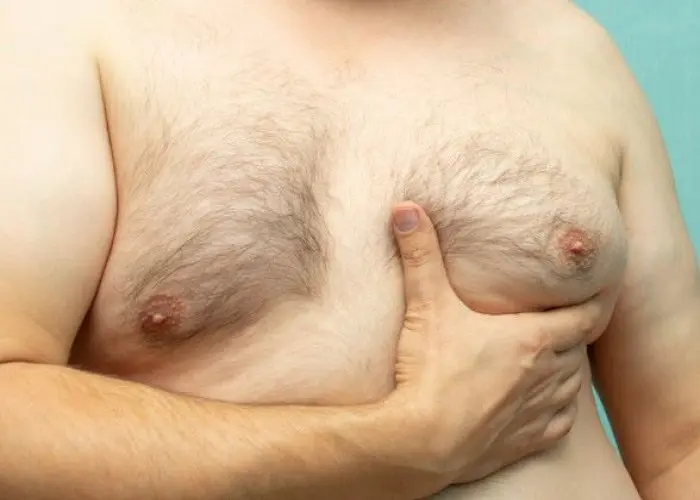
Enlarged breasts in men (gynecomastia)

Trichotillomania (hair-pulling disorder)
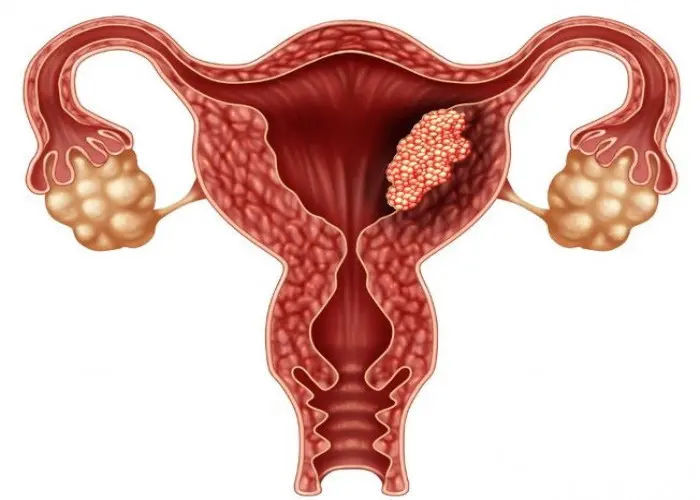
Endometrial cancer
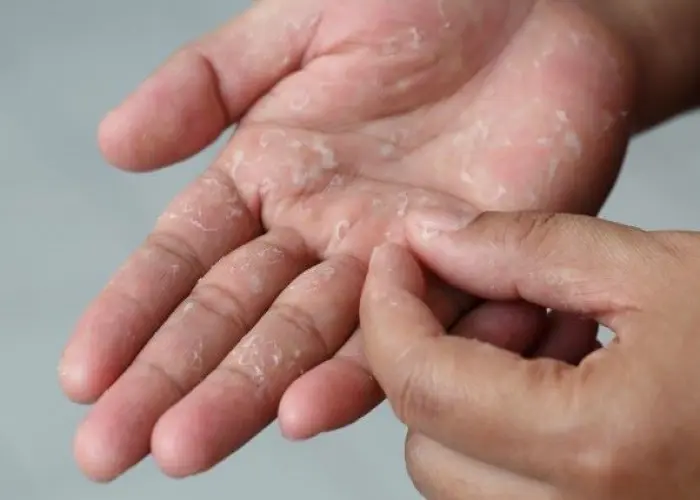
Dyshidrosis
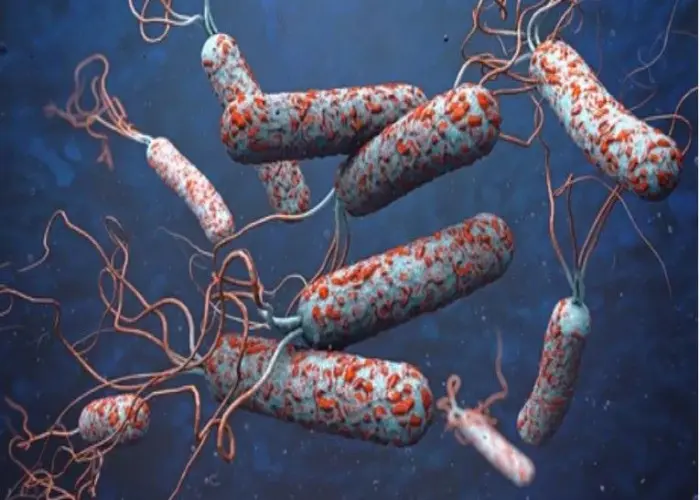
Cholera

Elevated blood pressure
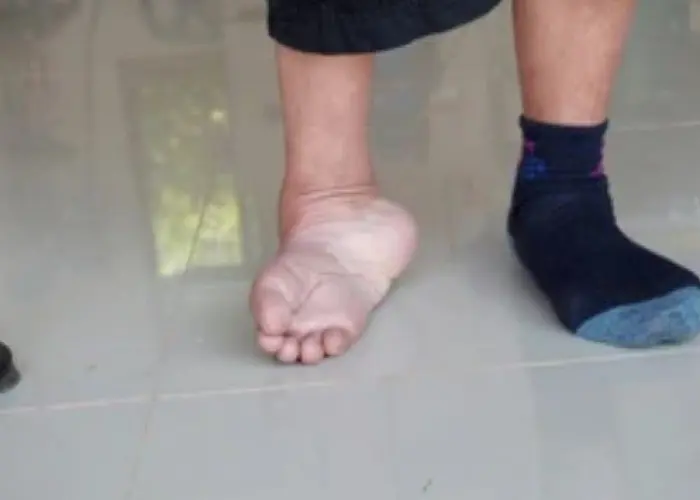
Clubfoot
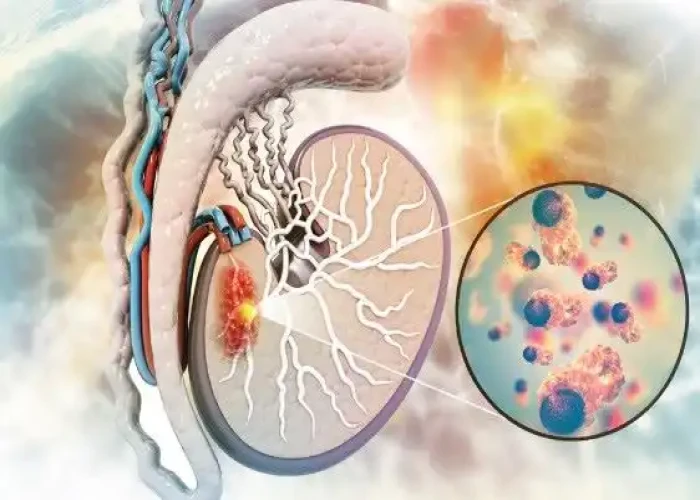
Testicular cancer
dry mouth, শুষ্ক মুখ
To be happy, beautiful, healthy, wealthy, hale and long-lived stay with DM3S.
